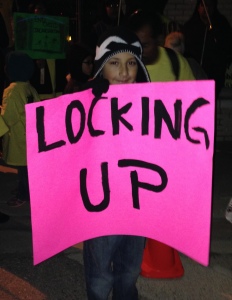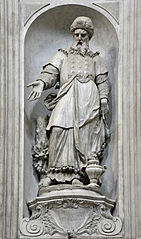“Mom, cheer up. You’re still here. Cancer is just a word, a scary word, but just a word.”
On her plane ride from California, Miriam had started reading the library books she had brought for me. Neither of us had ever heard of Dr. Bernie Siegel, but we quickly found out that he specializes in helping people who face imminent death from illness to live fully and to die in peace.
As Miriam and I hugged tightly, I took a deep breath and tried to stanch my sobs. A week earlier I had received the definitive cancer diagnosis. Only hours after that phone call we had begun the first Passover Seder. Instead of being in California, as planned, with Miriam and her children, my husband and I were home in Rochester with understanding friends. Throughout, one thought hounded me: this, and tomorrow night’s, could be my last Seders. I hadn’t yet had all the diagnostic tests that would show where the cancer was, how much it had spread, where exactly I was affected. But I was frightened and shaky throughout the supposedly festive meals.

